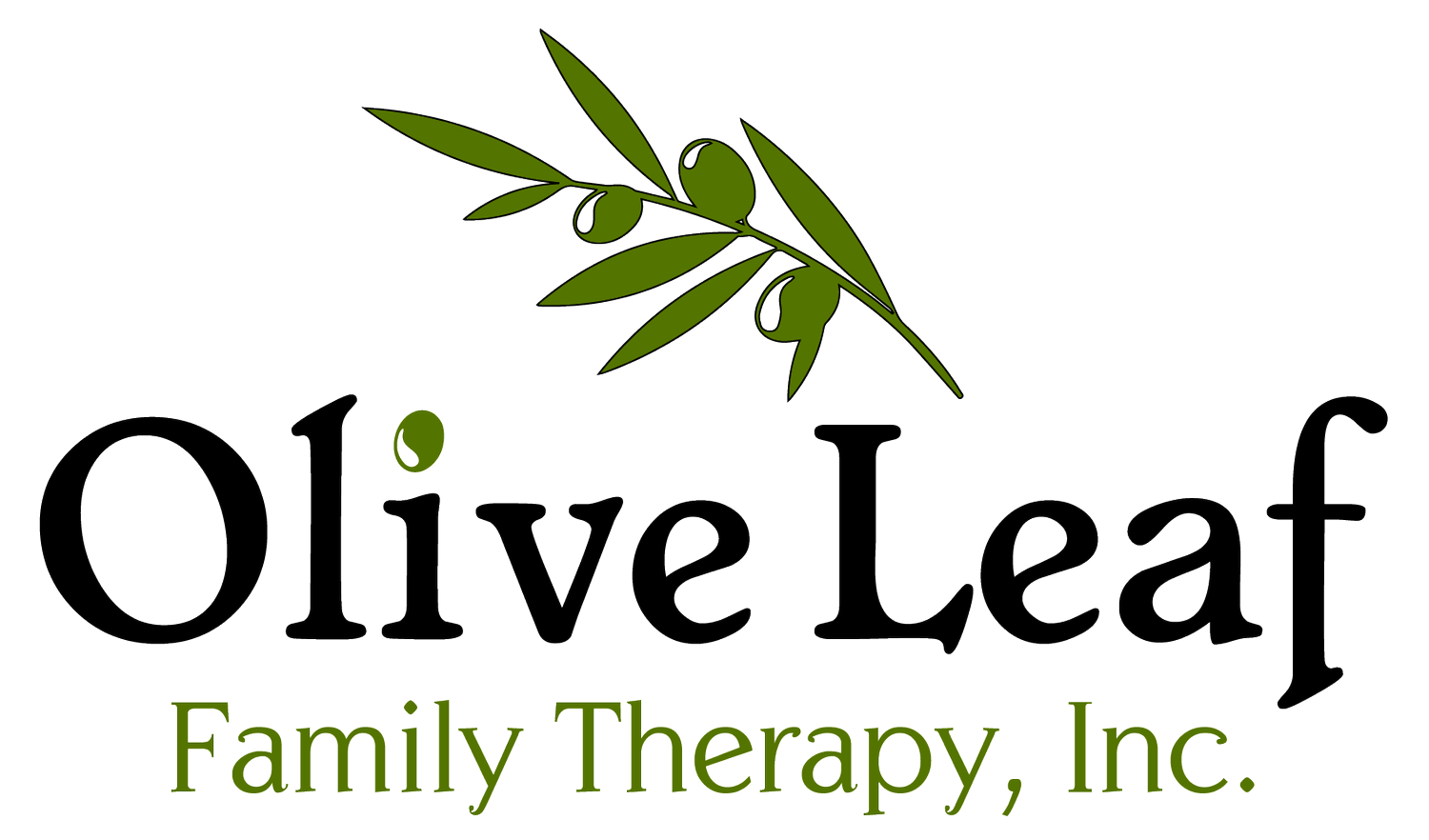What are Core Components of Mindfulness?
Mental health often emphasizes the importance of mindfulness in promoting a person's mental health and well-being, but what does it encompass? Well, mindfulness is not just a trendy buzzword; it is a powerful tool/practice that can enhance one’s life in many ways. At its core, mindfulness is the practice of being fully present in the moment without judgment. It involves cultivating self-awareness and acknowledging our thoughts, feelings, and sensations as they arise. When we engage in mindfulness exercises, we train our minds to focus on the present moment, allowing us to step back from our worries about the past or future.
Below are some core components of mindfulness and how to implement these tools into your daily routine for improved emotional regulation, stress reduction, and overall mental clarity.
Self-Awareness
One of the foundational aspects of mindfulness is self-awareness. This means recognizing your thoughts, emotions, and bodily sensations without getting caught up in them. To enhance self-awareness, start by setting aside a few minutes each day for mindful reflection. You can do this by simply sitting quietly and paying attention to your breath and emotions from your day and what it is like to reflect the feeling in the present time. This is also something one can do through journaling as well. Over time, this practice will help you become more attuned to your internal experiences; remember like most things practice makes growth.
Present Moment Focus
Mindfulness practices are rooted in the idea of living in the present moment, and to many, this can feel challenging. To cultivate present moment awareness, try incorporating short calming techniques into your day. For instance, during meals, focus entirely on the taste, texture, and aroma of your food or the smells and sensations in a bath or shower. This technique can be adapted in endless ways. Just try to tap into your senses and describe them with nonjudgmental descriptions. This simple act can ground you in the present and promote mindful and more relaxed states of living.
Meditation Techniques
Meditation is a core component of mindfulness that can significantly contribute to stress reduction and emotional regulation (or decrease the intensity of emotions). Different meditation techniques, such as guided imagery, body scans, or loving-kindness meditation, can help you find what resonates best with you. Start with just five minutes of meditation each day and gradually increase the duration as you become more comfortable. Apps and online resources/Youtube can provide guided sessions to support/guide your journey.
Mindfulness Exercises
Incorporating mindfulness exercises into your daily routine can be transformative. Simple practices like mindful walking, where you focus on each step and the sensations in your feet, can increase your awareness of the world around you. Another exercise is the "5-4-3-2-1" technique, where you identify five things you see, four things you can touch, three things you hear, two things you smell, and one thing you taste. This helps anchor you in the present moment and enhances your sensory awareness.
Stress Reduction and Emotional Regulation
Mindfulness is proven to be effective in reducing stress and enhancing emotional regulation. By practicing mindfulness regularly, you can learn to respond to stressful situations with greater calmness and clarity. When you notice your thoughts spiraling into anxiety or frustration, pause and take a few deep breaths. This moment of intentionality can create space for better decision-making and emotional balance.
Mindfulness Benefits
The benefits of mindfulness are extensive. Research shows that consistent mindfulness practice can lead to improved mental clarity, reduced anxiety and depression, and a greater sense of overall well-being. Implementing mindfulness into your life does not have to be overwhelming; small, consistent changes can lead to significant improvements over time.
Conclusion
Incorporating mindfulness into your life is a journey that requires patience and practice. By focusing on self-awareness, the present moment, and using various meditation techniques and mindfulness exercises, you can cultivate a more mindful way of living. The core components of mindfulness can lead to profound changes in how you experience your thoughts and emotions, leading to more fulfilling experiences in life. Start today by committing to a few mindful moments and watch as the benefits unfold in your life. Remember, mindfulness is a practice, not a destination. Embrace the process and allow yourself to grow and evolve through mindful living. Your mental health and well-being are worth it.

